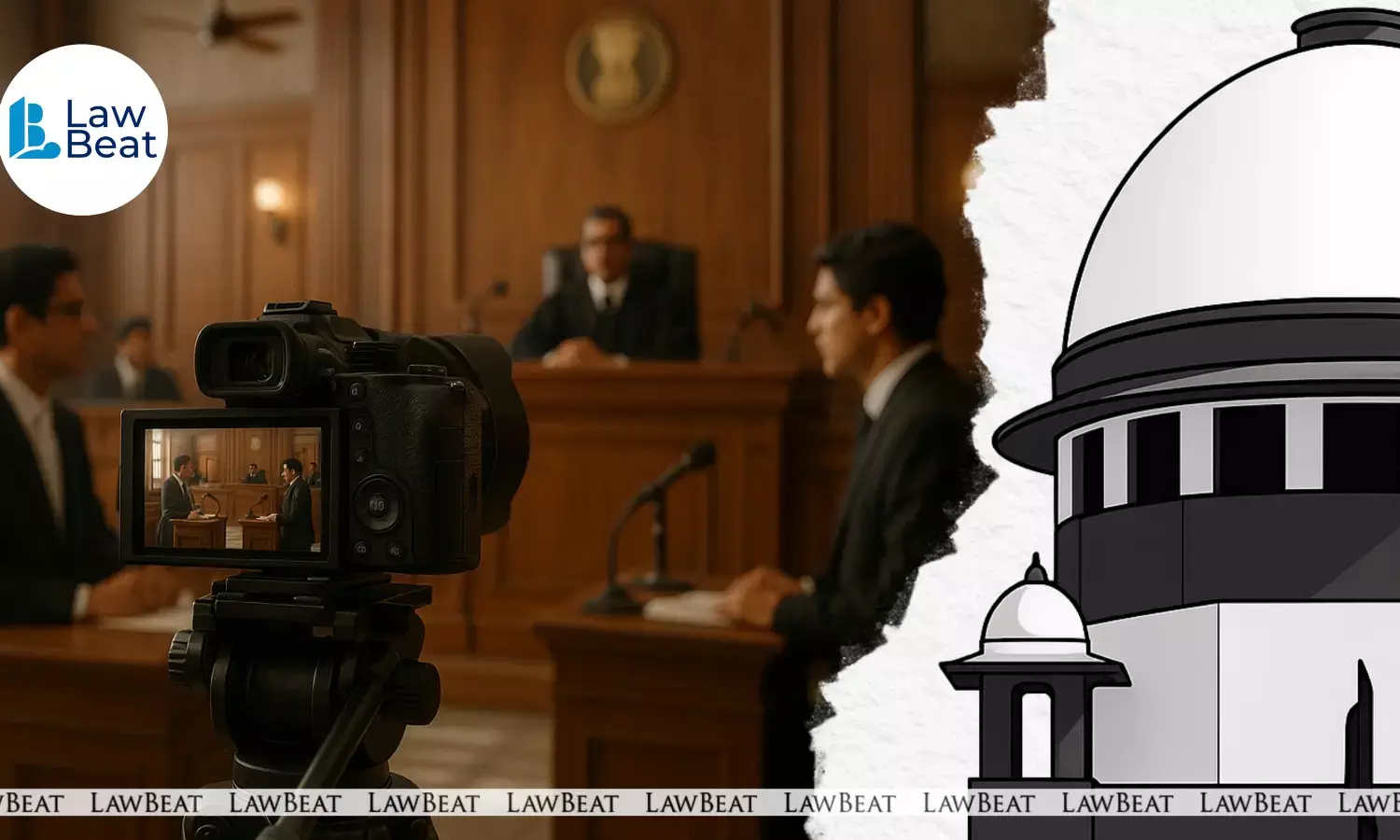Plea to Curb Ill-Treatment of Lawyers and Litigants: SC Fixes Sept 19 for hearing

The Supreme Court on Tuesday listed a writ petition under Article 32 of the Constitution for hearing on September 19.
The petition, filed by Advocate Mathews J Nedumpara in person, seeks urgent reforms to address what it terms the “ill-treatment of lawyers and litigants” and the “discriminatory and unjust practices prevailing in courts across the country.”
The Bench of Justice Rajesh Bindal and Justice Prashant Kumar Mishra took note of Advocate Nedumpara’s request for a short adjournment to enable him to argue the matter in person.
The petitioner’s request who was appearing through video conferencing, was allowed, and the matter was accordingly posted for September 19.
The petition highlights systemic concerns within the judiciary and calls for immediate corrective measures to ensure fair and respectful treatment of both advocates and litigants.
The plea filed by Nedumpara and others calls for mandatory video recording of proceedings in all courts and tribunals in India, preservation of such records, and access to them as a matter of right for litigants, lawyers, and stakeholders. The petitioners, including a lawyer who has been pursuing this cause for decades, argued that ordinary citizens entering courts; whether trial courts or the Supreme Court; often find lawyers compelled to act with undue obsequiousness while judges treat both counsel and litigants with discourtesy. Instances of humiliation, the plea claims, are common and have become a matter of public concern.
Citing a recent incident in the Bombay High Court where a young lawyer collapsed in court while being harshly reprimanded by the Bench, the petition submitted that such episodes reflect systemic insensitivity.
It also pointed to a widely circulated video where a High Court judge referred to a junior advocate as “garbage of the court.” Matters argued by juniors, the petition alleged, are frequently dismissed without a proper hearing, while cases argued by designated Senior Advocates or juniors connected to influential lawyers receive disproportionate time and attention.
The plea also questioned the perfunctory handling of Special Leave Petitions (SLPs) under Article 136 of the Constitution, claiming that the average time taken to dispose of an SLP is only 93 seconds. It argued that this undermines access to justice for ordinary litigants. On the issue of precedents, the petition criticised India’s unique practice of measuring the validity of precedent by the numerical strength of the bench rather than by the soundness of its reasoning. It described as “anomalous” the practice where a smaller bench cannot disagree with a larger or coordinate bench without reference to an even larger bench. This, the plea said, compels the Chief Justice to constitute 3, 5 or 7-judge benches unnecessarily, consuming judicial time to the detriment of common litigants.
Tracing the background of its efforts, the petition highlighted a long history of advocacy for court transparency. In 2010, the petitioner wrote to the Chief Justice of the Bombay High Court seeking video recording of proceedings. In 2014, then Chief Justice of India R.M. Lodha reportedly considered the feasibility of audio recording. However, subsequent petitions for video recording were dismissed, with the Bombay High Court in 2016 remarking that such measures would “reduce the court into a circus.” The Supreme Court also dismissed challenges to this view in 2016 and 2018.
Ironically, the petitioners noted, the COVID-19 pandemic compelled the introduction of virtual hearings across the country, demonstrating that recording and technology integration were both possible and effective. Yet, the demand for preserving such records for reasonable periods and providing access to litigants and lawyers has not been addressed.
The petition therefore sought multiple directions from the Supreme Court, including:
1. A declaration that transparency, accountability, and the principle of “open courts” require mandatory video recording of all court proceedings, with records preserved for at least six months and made accessible to lawyers, litigants, and stakeholders.
2. Directions to end ill-treatment of advocates and litigants in courts, ensuring equal opportunity of hearing regardless of counsel’s seniority or status.
3. Removal of undue restrictions on public access to courts, particularly in High Courts like Kerala and Madras, where excessive entry restrictions allegedly undermine the concept of open justice.
The petitioners stressed that the judiciary, as the guardian of fundamental rights, has a constitutional duty to address these concerns. They argued that video recording of proceedings would not only protect lawyers and litigants from humiliation but also enhance accountability, deter arbitrary conduct, and restore public confidence in the justice system.
The Supreme Court is expected to take up the matter in due course.
Case Title: Shri Mathews J Nedumpara & Ors. v. The Supreme Court of India & Ors.
Filing Date: September 16, 2025
Bench: Justice Rajesh Bindal and Justice Prashant Kumar Mishra
